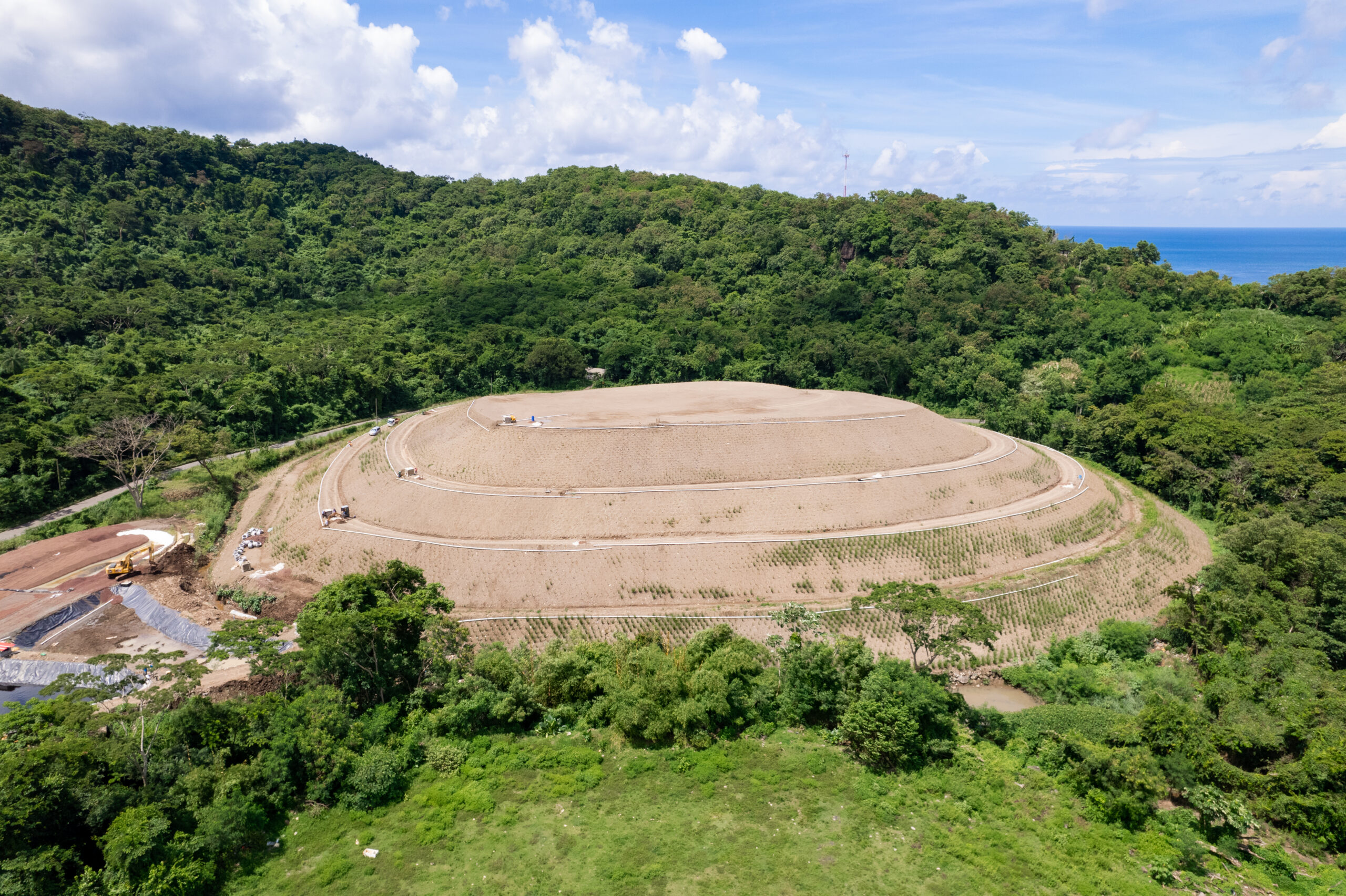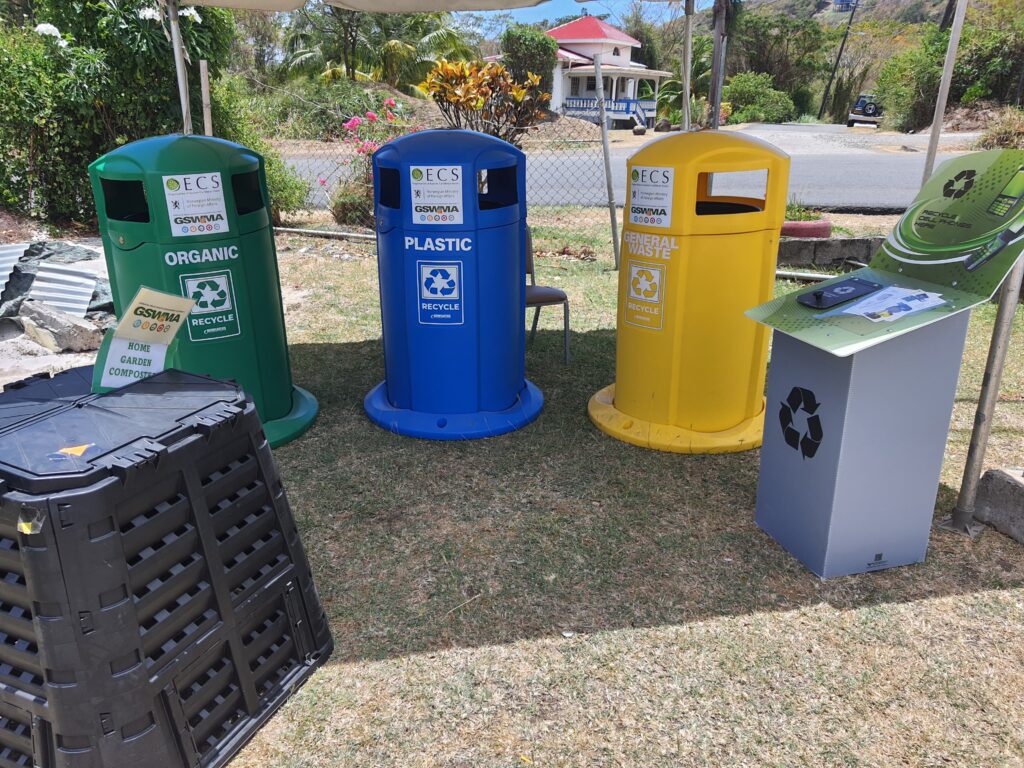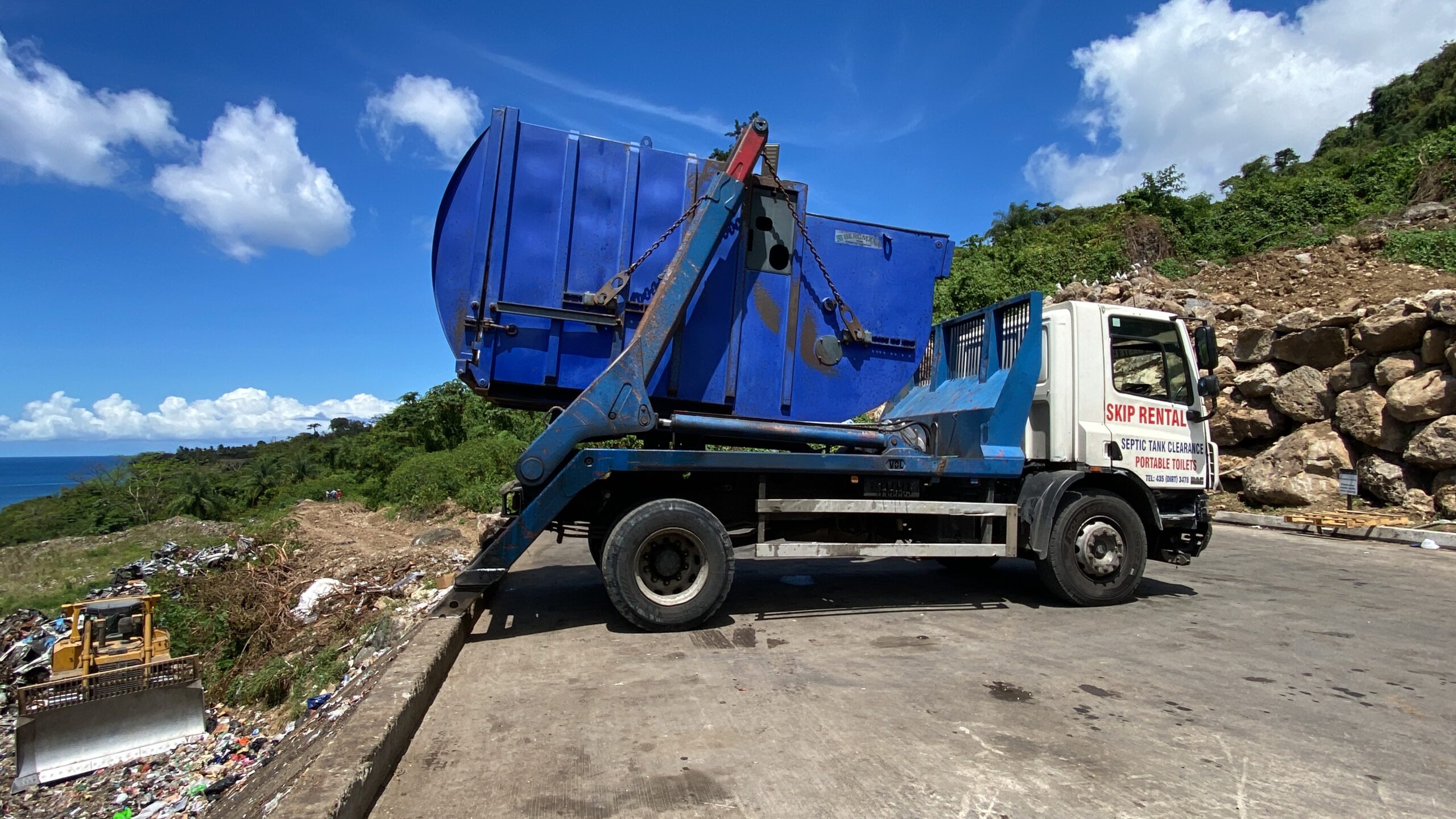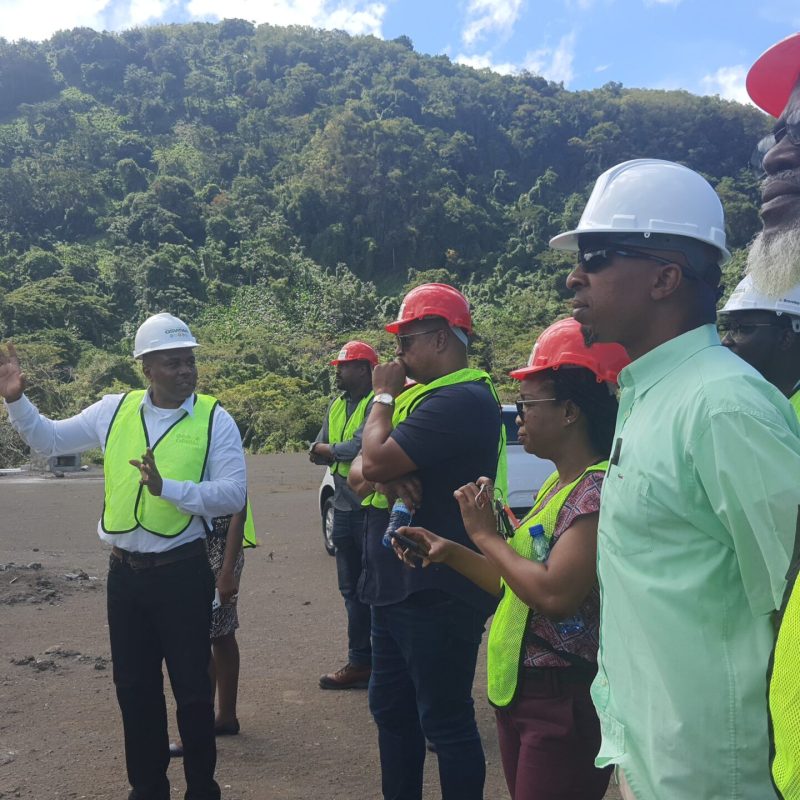Who We Are
Leading the Way
Our leadership is dedicated to enhancing the value of resources and minimizing environmental impact, aiming to foster the prosperity of both our economy and the environment.
GSWMA
We provide a full range of quality services.




Overview Of Solid Waste Management
The dissolution of Local Government led to the transfer of solid waste management to the Ministry of Health. The Environmental Health Department then became directly responsible for the collection, transportation and final disposal of solid waste and the provision of street cleaning within the boundaries of the six towns. While solid waste management was under the Ministry of Health, collection service was provided basically to the towns and their environs.
Consequently, the coverage for waste collection did not exceed 60%. At the time, there were several inefficiencies in the service including inadequacy of trucks, poorly maintained equipment and low moral among workers, resulting in a costly operated system. Solid waste management conditions therefore manifested itself as a public health problem, a threat to the environment and the economy and tourism in particular.
There were frequent overflowing collection receptacles, which were odorous and unsightly, as well as, the final disposal taking place at three dumpsites.For these reasons the World Bank, assisting in its role as catalysis, succeeded in bringing together the six OECS Countries(Antigua and Barbuda, Dominica, Grenada, St. Kitts/Nevis, St. Lucia and St. Vincent and the Grenadines) to jointly address this most urgent environmental problem facing the sub-region. Consequently there was the establishment of the OECS Solid and Ship-generated Waste Management Project to assist the OECS countries in the development of a coordinated regional strategy supported by action plans. The project involved the implementation of a series of environmentally oriented activities at the national level that were similar for each of the OECS countries and a regional component which covered issues common to all. The regional component was implemented by the OECS through the Natural Resources Management Unit (NRMU) which based in St. Lucia. The project purpose was to reduce terrestrial and marine pollution in this area through avoiding and discouraging indiscriminate disposal of solid wastes both on and offshore. It’s aim was to reduce public health risks and protect the environmental integrity of the islands and their coastal and marine systems by improving domestic solid waste management facilities and facilitating compliance with the “Special Area” designation of the Caribbean Sea for MARPOL 73/78 annex waste.








